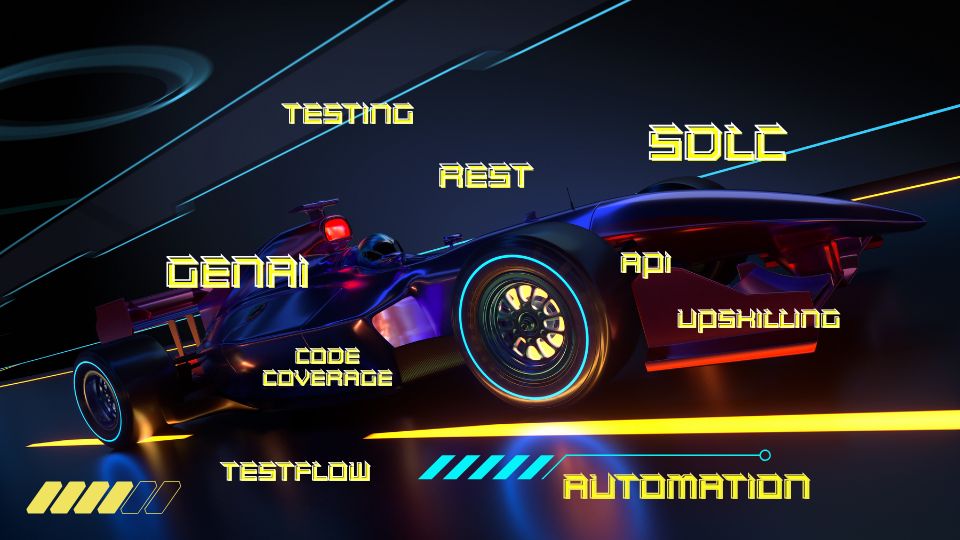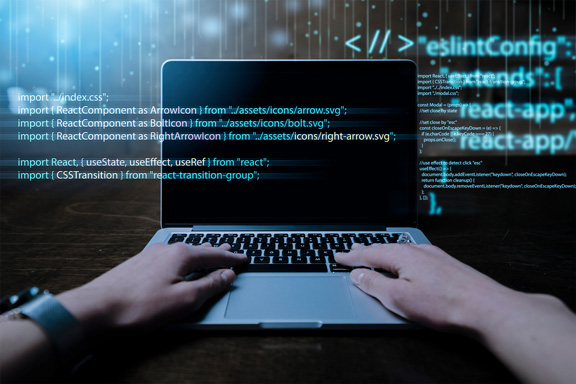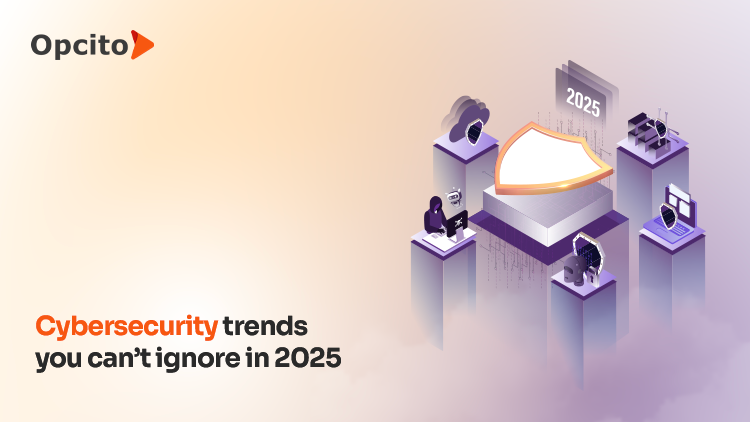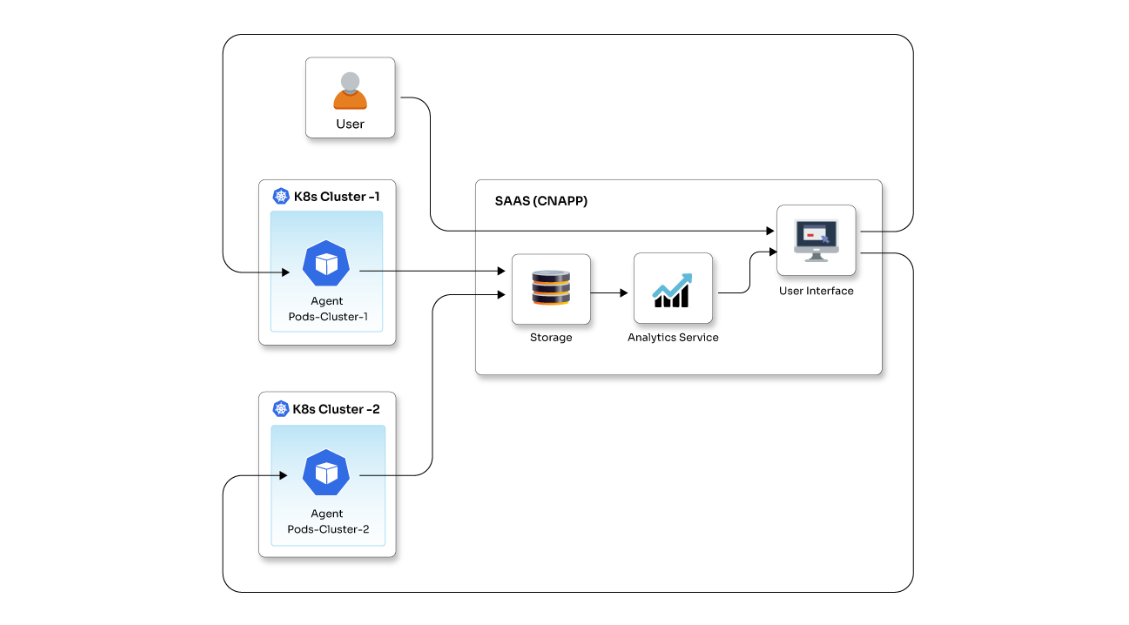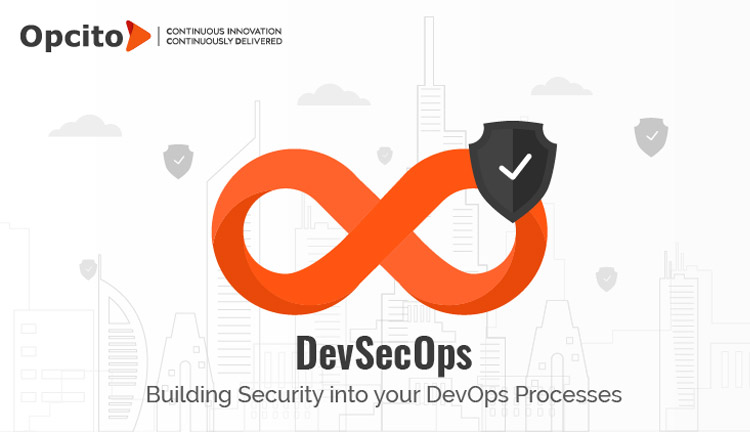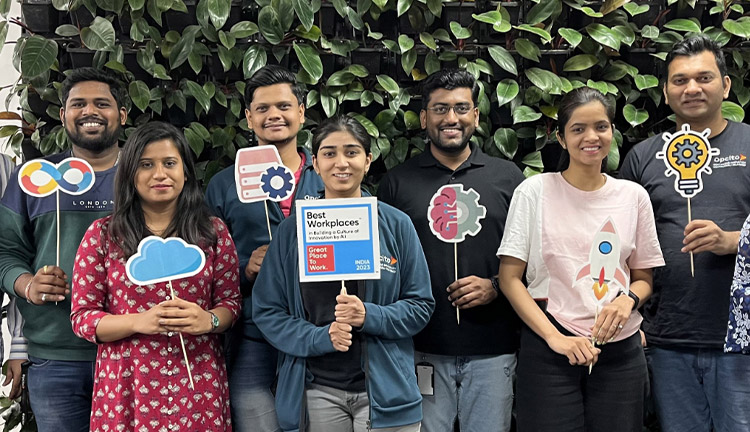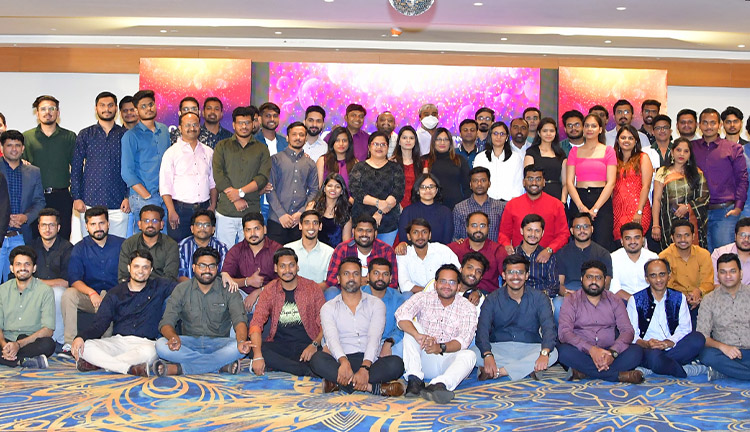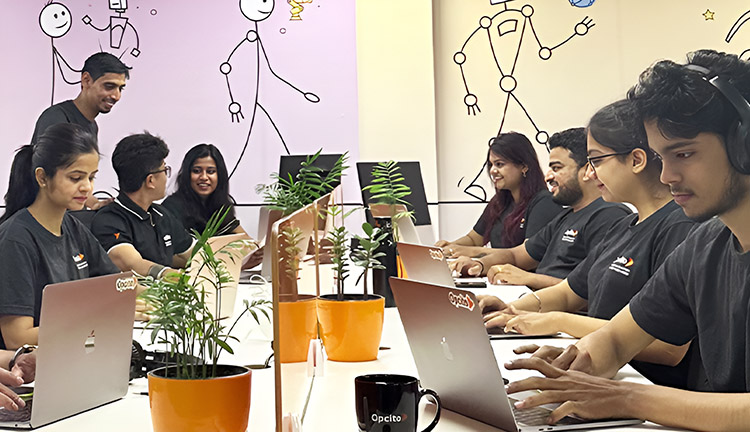January is all about cherishing what went right and evaluating what didn’t in the previous year. It is about predicting what the new year will be like and what needs to be done to make the best out of it. This year saw the addition of 10 Year Challenge in the list. So, being an IT enthusiast, the only 10-year challenge I could think of was DevOps. 2008/09 was the year when the term DevOps started making the rounds of IT world and now it’s almost a decade for DevOps. Everyone has their own version of how the DevOps cultural shift happened over the past decade. But for me, the only events that matter the most are - all the waterfall alterations, the introduction of agile and then test-driven development (TDD), and the advent of microservices. The result was an accelerated rate of DevOps adoption.
2018 saw DevOps adoption becoming mainstream, and 2019 could see the pace of DevOps adoption set a new benchmark. There are different variables that have defined the DevOps equation, and they will have their say in 2019 too. Here are my candid thoughts on how some of them influenced the previous year and will influence the DevOps landscape in 2019.
Containers
There is still a huge debate over VMs or Containers. Both have their pros and cons, but recent times have witnessed exponential growth for containerization. According to a report by markets and markets, the application container market was valued at USD 1 Billion in 2017 and is expected to grow to USD 4.7 Billion by 2023. So, you can imagine the impact it will have on the DevOps adoption. Container technology is yet to attain the maturity stage, but it is fast moving towards it. The deployment and management part is still a tricky one, but you can expect 2019 to ease it up. One more thing that you can expect in 2019 from the containers point of view is the race between the container orchestration tools and configuration management systems. I personally think this is going to be a year where you can see the race heating up to another level. The container giants like Docker and Kubernetes won’t waste this opportunity.
Kubernetes
As far as container orchestration is concerned, Kubernetes is turning into the de facto tool. Even the cloud giants AWS and Azure made that evident in 2018 with the release of EKS and AKS offerings, respectively. There was a major security flaw that surfaced in the latter part of 2018 that allowed users to have administrative controls through the K8s API server and create TLS credentials that could seriously impact your running containers.
This has been taken care of by the orchestration experts with the recent update. But this points to the next important variable that will have a major say in DevOps adoption.
DevSecOps
Security has always been a prime concern for everything, and DevOps is no exception. I spoke about the DevSecOps practices that all organizations must look into. I expect 2019 to be a more focused year toward security at the production level and application layer. I expect terms like continuous scanning to be getting equal importance as terms like continuous development and continuous integration. We can expect more focus on the credential rotation schedule, policy formation, resource verifications, image scanning, and continuous testing.
Chaos Engineering
Testing has always been an integral part of the software world and is an absolute necessity to avoid business repercussions and potential harm to everything the software or the application stands for. But traditional testing methods are not sufficient to serve the DevOps requirements, increasing High Availability and customer satisfaction standards.
To cope with these increasing demands of reliability and availability, Netflix introduced Chaos Engineering. You can expect 2019 to be the year of Chaos Engineering. It is nothing but a process where you introduce your systems to controlled chaos to study weak areas, check reliability and availability, and improve resiliency with automation.
AI, ML, and automation
It feels like these were meant for DevOps. AI and ML can help you churn out a huge amount of data and can automate lots of processes in a typical development cycle. 2019 can be the year of AIOps, where you can get Apps that will be intelligent. AI will also play a huge role in driving security and test processes. The result will be a faster and more reliable application delivery, thereby fulfilling the real purpose of DevOps.
DevOps Metrics
Many are predicting this could be the year of DevOps Metrics. In DevOps, you are making your Dev and Ops teams work together, making your test teams do the continuous testing, and implementing the CI/CD methodologies. But are you sure that you are getting the desired outcome? It only means one thing, there is a major gap between adopting DevOps practices and evaluation systems that will be equally capable. Only DevOps Metrics can give you the exact idea if you are actually practicing what you are preaching or trying to attain.
Embrace new-age technologies
In order to truly embrace DevOps, one needs to let go of traditional technologies and methodologies. In 2019, you can expect a lot of shift towards some of the earlier mentioned terms like Containers, Kubernetes, DevOps Metrics, Artificial intelligence, and Machine Learning. In addition, expect terms like serverless, GitOps, AIOps, DevOps assembly lines, or CI pipelines to become a part of your boardroom conversations. To microservices or not to microservices - will again be an imposing question. All these questions will increase traction towards opensource software.
Workforce
DevOps is more of culture than practice, and culture means people in the organization. In 2019, your workforce will be required to perform more than what they have been doing over a considerable period of time. A lot of processes will be automated using tools and frameworks, especially test automation. ML and AI will add to these tools in 2019 and in the coming years. These tools will fill the gap between manual testers and developers, the only two mainstream professions most of us think in the IT world. So, testers will have a bigger role to play than ever before and that may include in development too, which is why DevOps requires or rather motivates cross-skilling and upskilling.
Right now, I find Continuous Integration to be easier, but I expect 2019 to address the continuous development and deployment areas. How the DevOps space will evolve in the near future is something worth keeping track of.

